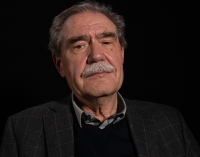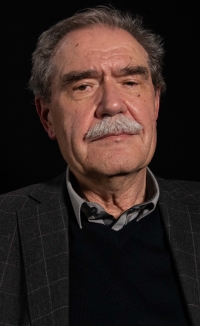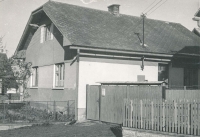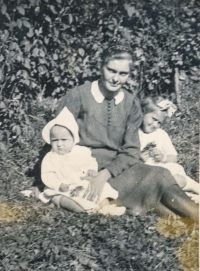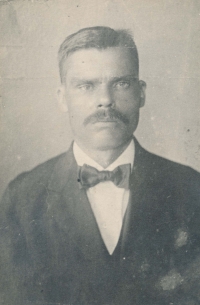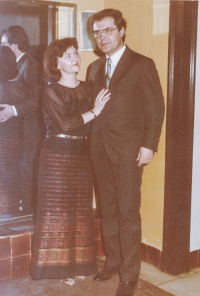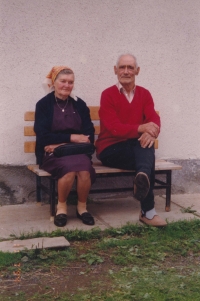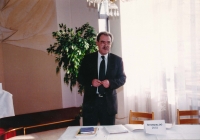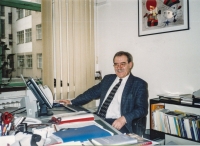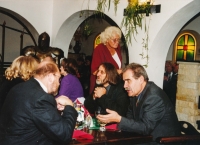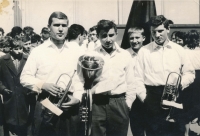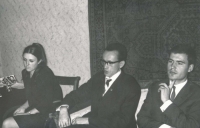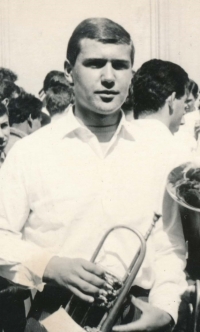Goral from Kežmarok was in the middle of students riots in Krakow
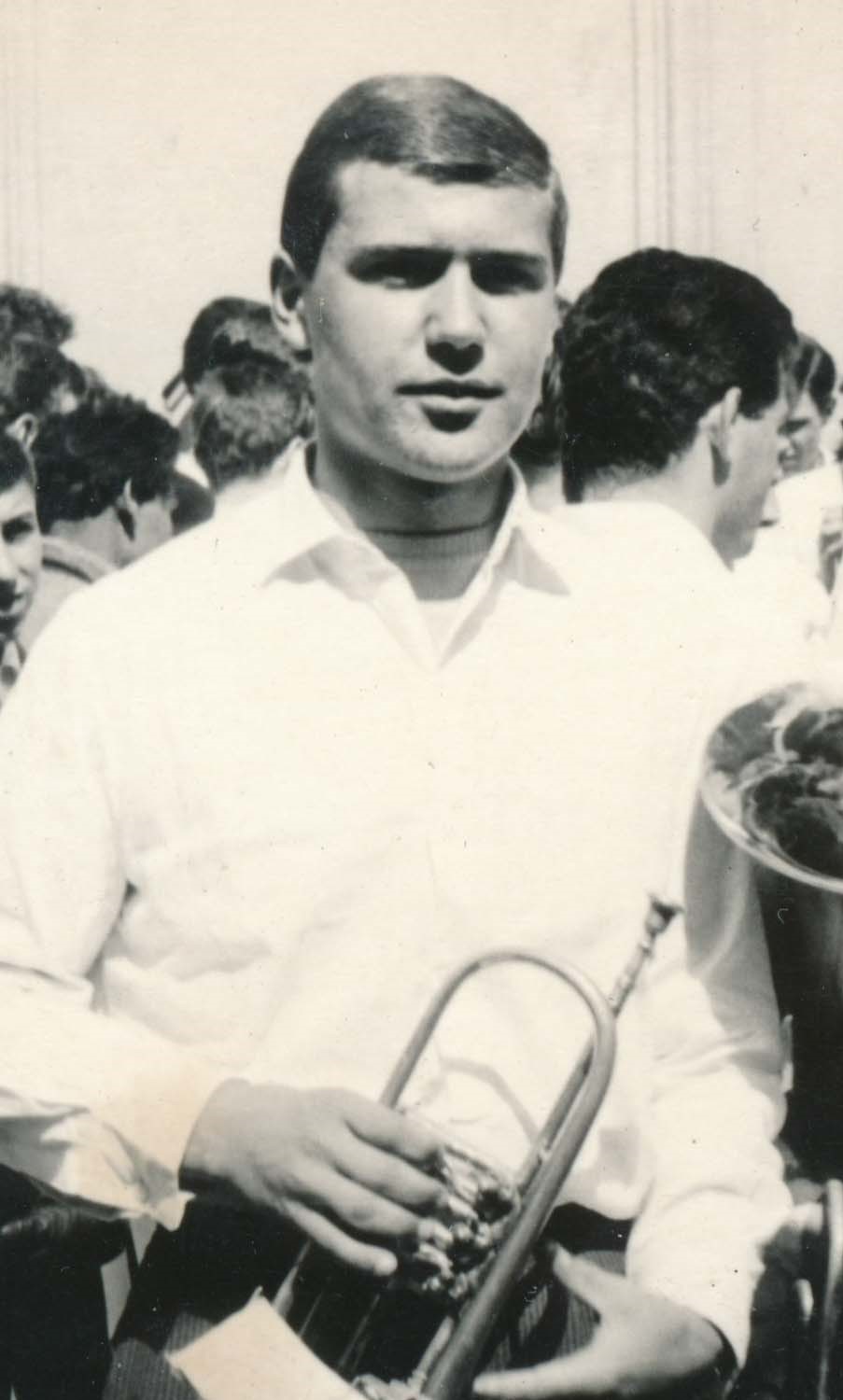
Download image
Andrej Sulitka was born on 18 November 1945 in Veľká Franková in Kežmarok District. His life and mindset were influenced not only by his Catholic belief pervading his entire life but also by specific local Spiš-Goral borderlands. He graduated from Ethnography in Bratislava after studying at a conservatoire in Košice. He was staying at university in Polish Krakow in 1968 and he experienced local student strikes which were ruthlessly suppressed by the state power. He shortly participated in national and religious discords in the Spiš-Slovak borderlands which were ended with the interdict of the then archbishop of Kraków, Karol Wojtyla, over the rebellious believers. He spent the Autumn of 1968 in Vienna with his future wife Ludmila. They were thinking of emigrating but they finally returned home. He was able to travel to Austria and Italy a year later and he used the opportunity to hand some documents and letters over to Catholic emigrants. Having finished his studies, the witness worked first in the Institute of Ethnography in Bratislava and then in Brno in a branch of the then Institute of Ethnography and Folklore Studies in Prague. He refused to join the Czechoslovak Communist Party several times. He and his wife attended a private debate club in Brno where they discussed local and international affairs and exchanged samizdat literature. During the Velvet Revolution, he participated in various events and debate groups that aimed for changes in his maternity institute. He started to work in The Office of the Government after 1990 and he was in charge of issues related to national minorities. He worked there until 2009 when he got retired. He made good use of his long-time experience when he taught at the Faculty of Arts of Jan Evangelista Purkyně University in Ústí nad Labem for eight years. He lived in Prague in 2022.
